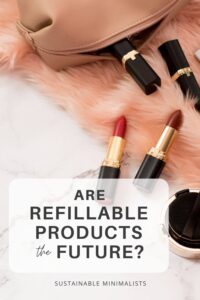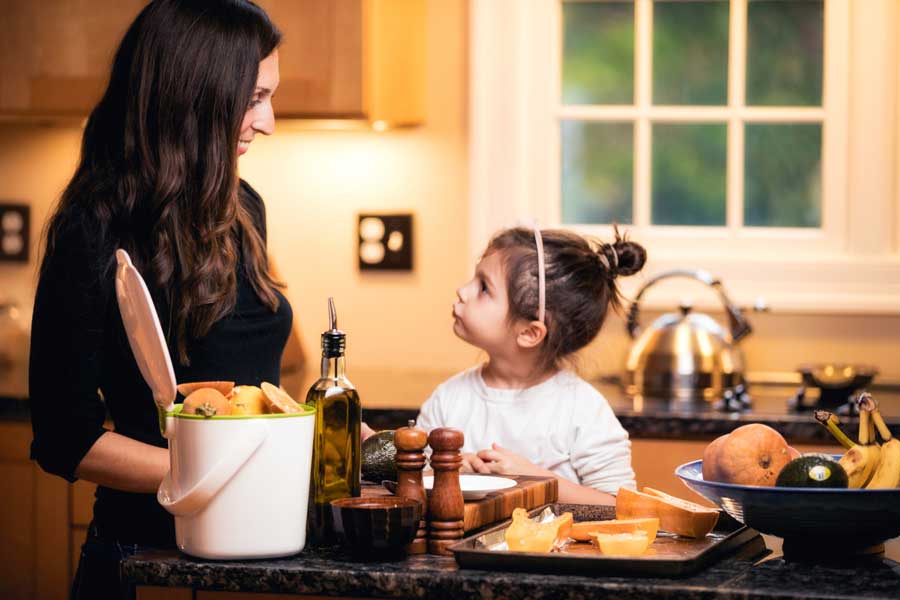Are Refillable Products The Future?
Is the future refillable?
When we look at the history of plastics, it’s disheartening to realize that only 9% of all plastics ever created have been recycled. Another 12% has been incinerated; a whopping 79%, then, has accumulated in landfills and nature.
That’s right: your Bonnie Bell Lip Smacker tube circa 1995 is quite likely still somewhere on this planet.
Refillable products (like ice cream in stainless steel jars and shampoo bottles refilled in-store) aren’t new. But while most people say they want eco-friendly product options, their purchasing behaviors sing a different tune. Consumers tend to prioritize convenience over eco-friendliness, time and time again.
Today I speak with Izzy Zero Waste Beauty founder Shannon Goldberg about closed loop consumption. Is packaging the problem, or does the problem lie within our consumption?
Here’s a preview:
[6:00] 2 major barriers to mainstream refillables
[11:00] Do refillable products *actually* make a dent in our trash production? What about our oversized environmental woes?
[15:00] Refillable products and next-level greenwashing: Why we must expand our collective definition of waste to account for excess carbo emissions from sending back our products
[20:00] Are refillable options sanitary in a post-COVID world?
Resources mentioned:
- Loop global reuse platform
- Use code IZZYF20 at yourizzy.com for 20% off (Thanks, Shannon!)
- Want more episodes like this one? Check out #295: Is Bamboo Actually Eco-Friendly?
Powered by RedCircle


